Coming to Medlatec General Hospital for examination due to symptoms of bloody stools, the female patient was shocked to receive the results of rectal cancer.
Recently, Medlatec General Hospital received and examined a case of rectal cancer. The patient is Mrs. PTD (63 years old, in Hoan Kiem, Hanoi).
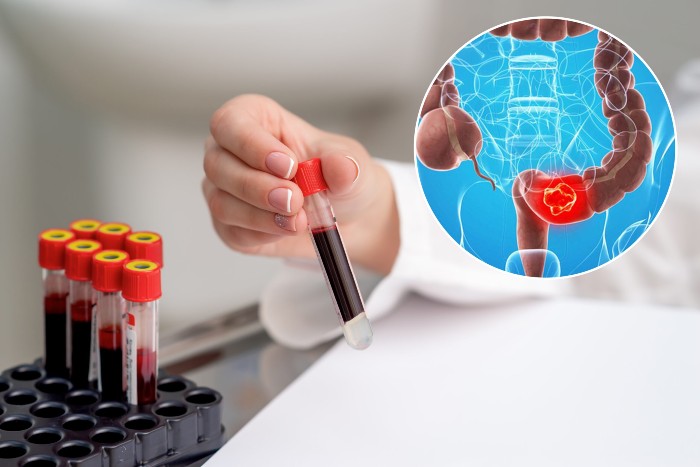 |
| Diagnosis of colorectal cancer requires performing many clinical and paraclinical methods. |
Ms. D. came to the clinic due to symptoms of bloody stools and a history of colon polyp removal 5 years ago. After a clinical examination, the patient was ordered by the doctor to perform specialized tests and imaging diagnostics to clarify her health condition.
On the entire colonoscopy image, there was a large mass occupying almost the entire circumference of the colon, with a congested surface, divided into lobes, and bleeding easily when touched.
The patient underwent endoscopic biopsy of the lesion, the biopsy result was rectal cancer (adenocarcinoma). In addition, the colonoscopy result showed several polyps measuring 0.3-0.5cm.
Based on the results of the paraclinical tests performed, the doctor diagnosed Ms. D. with rectal cancer and colon polyps.
The patient was admitted to the hospital for treatment, additional clinical tests and a full-body PET-CT scan to accurately assess the stage of the disease and the extent of metastasis. The patient was then scheduled for rectal resection combined with radiotherapy according to the treatment regimen.
According to data from the World Health Organization (WHO) and the International Agency for Research on Cancer (IARC), rectal cancer is part of the colorectal cancer group, the third most common cancer in the world and the second leading cause of cancer death.
In 2020, new cases exceeded 1.9 million and deaths exceeded 930,000. By 2040, new cases are expected to reach 3.2 million per year, with deaths expected to reach 1.6 million.
Doctor Nguyen Thi Thanh Ngát, a specialist in Gastrointestinal Endoscopy, Medlatec General Hospital, said that colorectal cancer has a complex pathogenesis, a combination of many causes and risk factors.
One of the main causes is related to unhealthy diet, including high consumption of red meat, animal fat, low fiber and deficiency of essential vitamins such as A, B, C, E, along with calcium.
These factors are thought to significantly increase the risk of developing colorectal cancer. In addition, precancerous lesions such as ulcerative colitis, Crohn's disease, and colorectal polyps also play an important role in the development of the disease.
Genetic factors are also a significant cause of colorectal cancer. People with genetic syndromes such as Lynch syndrome (hereditary nonpolyposis colorectal cancer), familial adenomatous polyposis (FAP), Peutz-Jeghers and Gardner syndromes have a higher risk of developing colorectal cancer.
According to Dr. Ngát, diagnosing colorectal cancer requires performing many clinical and paraclinical methods.
Early symptoms of the disease are often vague and may include digestive disorders such as constipation, diarrhea, or bloody mucus in the stool. Clinical examination may detect tumors through a digital rectal examination or palpation of the abdomen when the tumor has progressed.
For definitive diagnosis, paraclinical methods such as colonoscopy, CT scan, magnetic resonance imaging (MRI), and ultrasound play an important role in observing and assessing the extent of damage and metastasis of the tumor. Biochemical tests such as CEA and CA 19-9 are also used to monitor the progression and detect cancer recurrence after treatment.
Diagnosis and screening of colorectal cancer play an important role in early detection of the disease, thereby reducing treatment costs and increasing the patient's chances of prolonging life.
Doctor Ngát recommends that people aged 45 and over, or those with precancerous lesions, a history of colon polyp removal, gastrointestinal diseases, or family members with colorectal cancer, should have regular endoscopy for early cancer screening once a year.
Source: https://baodautu.vn/chuyen-gia-khuyen-cao-dau-hieu-ung-thu-truc-trang-d227238.html


![[Photo] Vietnam team's strength guaranteed for match against Laos](https://vstatic.vietnam.vn/vietnam/resource/IMAGE/2025/3/24/1e739f7af040492a9ffcb09c35a0810b)
![[Photo] Editor-in-Chief of Nhan Dan Newspaper Le Quoc Minh receives the delegation of Nhan Dan Daily](https://vstatic.vietnam.vn/vietnam/resource/IMAGE/2025/3/24/a9ac668e1a3744bca692bde02494f808)


![[Photo] Prime Minister Pham Minh Chinh dialogues with Vietnamese youth](https://vstatic.vietnam.vn/vietnam/resource/IMAGE/2025/3/24/7fd8b4735134417cbaf5be67ee9f88b1)









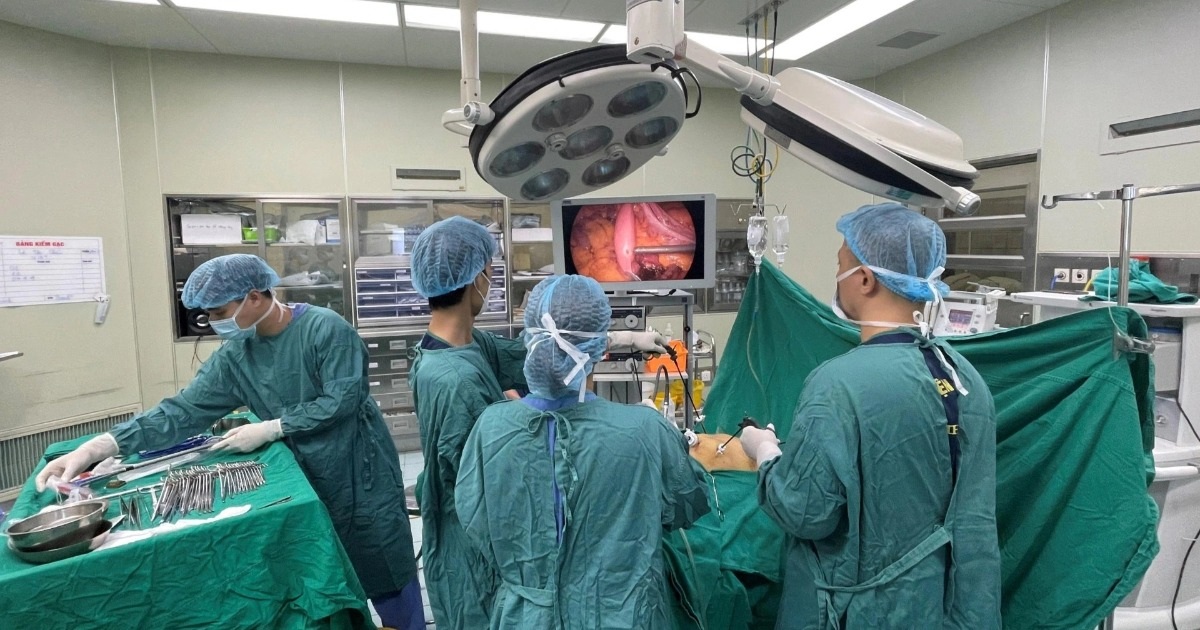


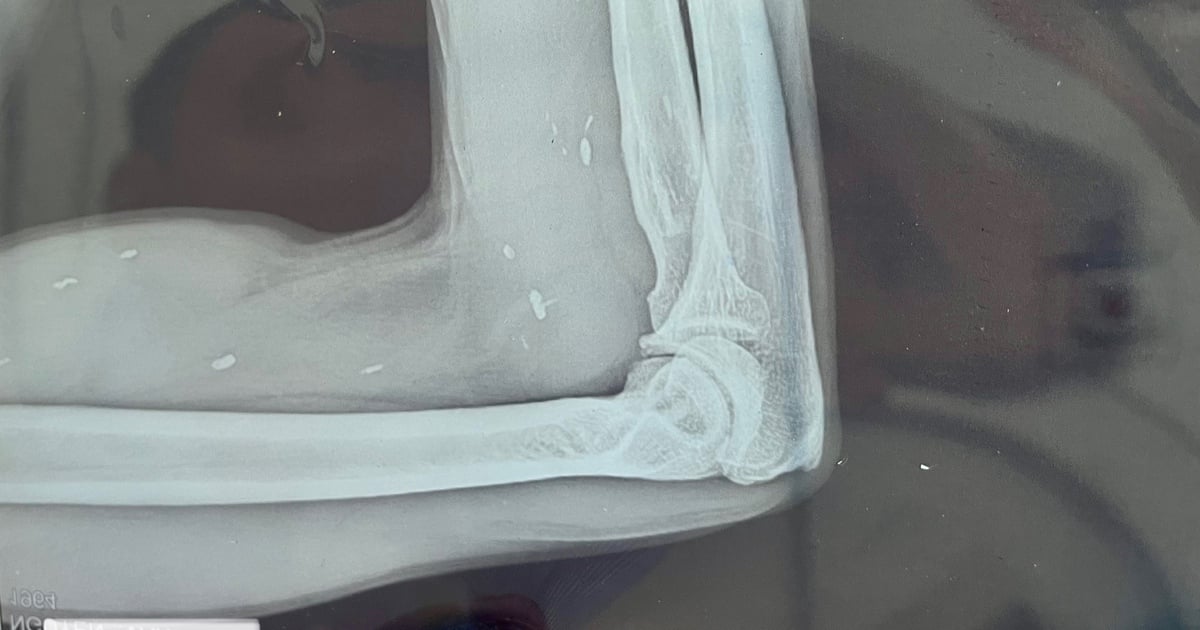
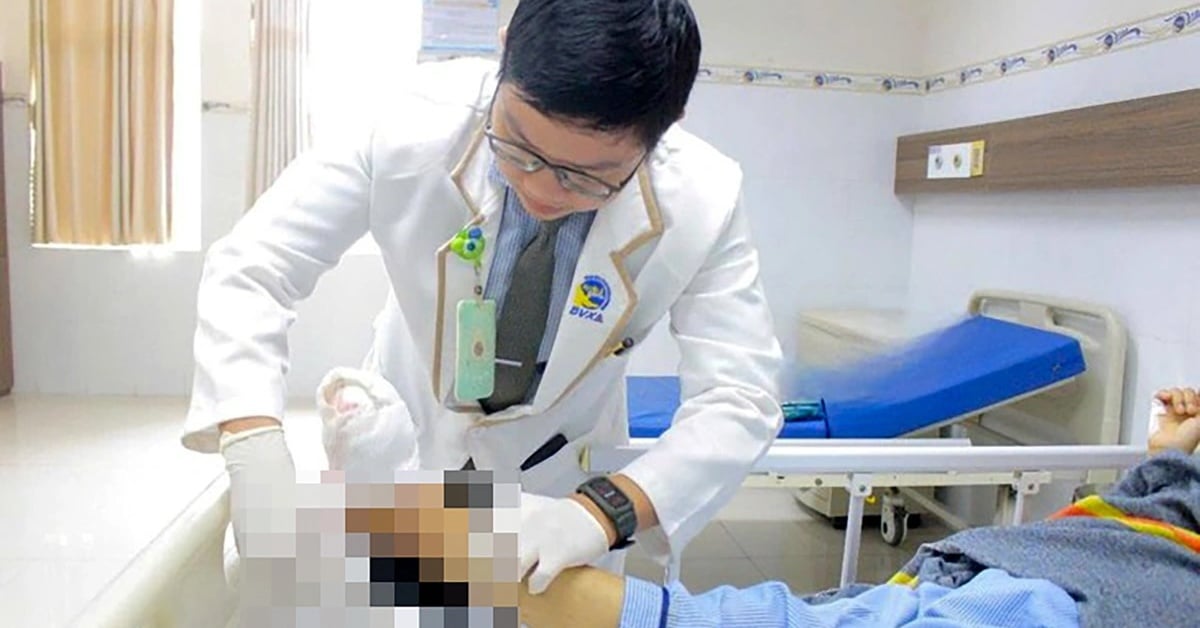











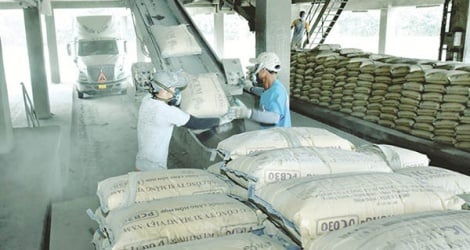















































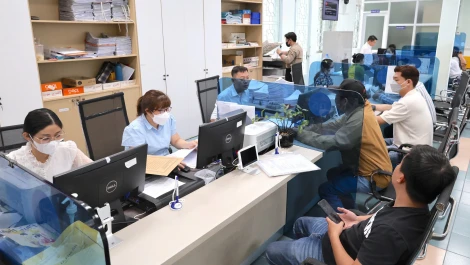








Comment (0)